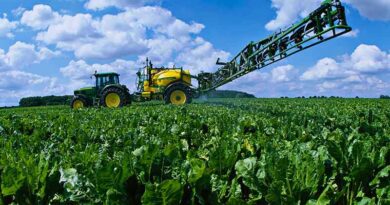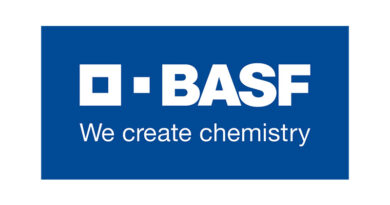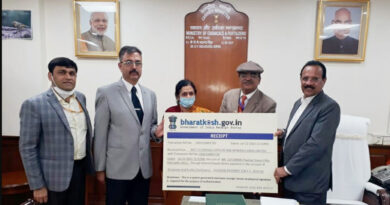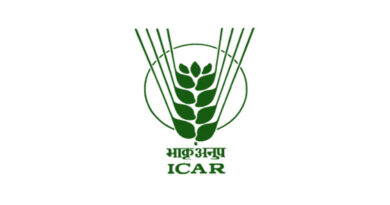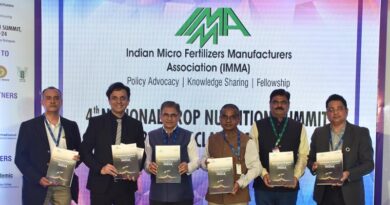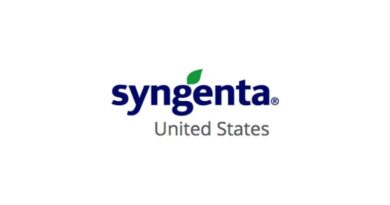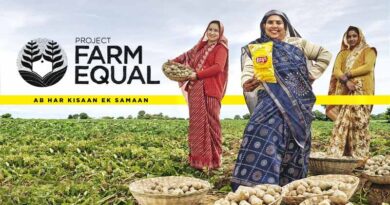Budget 2023 must encourage flow of capital into sectors of national importance: Karthik Jayaraman, Co-Founder of WayCool Foods
25 January 2023, New Delhi: The start-up ecosystem has grown tremendously in the past few years. However, if one peels the layers, one notices an anomaly. Private capital naturally flows into sectors where big pay-outs are possible, even if highly risky, or where returns can be captured fast. This has resulted in considerable capital inflows into frothy sectors such as gaming, crypto, stock trading, etc.
Karthik Jayaraman, Co-Founder, and MD of WayCool Foods lists down a few suggestions to be incorporated in the Budget 2023.
Private Capital Inflows
Even in relatively deeper sectors such as food, the capital that has flowed into high-speed last-mile delivery is an order of magnitude greater than what has gone into the food logistics/supply chain. It has now become critical to ensure that private capital (both domestic and international) flows into sectors of national importance.
Sectors of National Importance
It is important to encourage the flow of domestic capital into sectors of national importance. Domestic capital has been relatively risk-averse. Given this, incentivizing them to place calculated bets on sectors such as these will accelerate the development of these sectors, while also providing better returns to investors, and ensuring that the ownership of these assets is more domestic than global. Creative means may be explored for this. For example, if the mandatory CSR program for corporates can be modified to treat investments into AIFs focussed on sectors such as food, education, and healthcare, as deemed CSR, this will make CSR funds work harder and more efficiently, and also provide the possibility of an upside to company treasuries, rather than being dissolved as a grant.
Food as a Priority Sector
Today, the Government has declared agriculture as a priority sector and facilitated the enablement of low-cost debt finance to this sector. However, given the extent of the fragmentation of farms, administering this has proven to be challenging to most lenders. It is time we looked at food, and not just agriculture, as a priority sector. This means that anyone who can be involved in the production, trading, processing, storage, transport, and retail of food shall be eligible for priority sector lending for the creation of assets as well as for working capital.
By enabling the entire value chain, particularly the forward supply chain, to access capital at cheaper rates, the government can massively incentivize formalization and introduction of better technology into the sector. This will also be administratively easier for lenders as organized players are easier to work with and secure lending. While considerable subsidies are offered in this space including the PLI scheme for food processing, the above decision can enable investments in this sector much more effectively, seamlessly, and with speed.
MNREGA in Agriculture
Today, in many parts of the country, the MNREGA program has created peculiar challenges such as the non-availability of farm labor.
Tokenizing MNREGA payments and making these tokens available to farmers free or subsidized, and other employers of rural labor (eg. PMGSY) to payout digitally into the Jan Dhan accounts of laborers based on standard effort units may help the acceleration of projects such as rural infrastructure.
Single window for access to schemes and subsidies
Central and state governments offer a range of schemes and subsidies. However, navigating to these subsidies is non-trivial for companies. A single window portal that enables access to these will help companies take advantage of schemes better, and achieve the objective of these schemes.
Also Read: Millets & Organics -2023: Three-day International Trade Fair starts at Thripuravasini, Bengaluru
(For Latest Agriculture News & Updates, follow Krishak Jagat on Google News)



